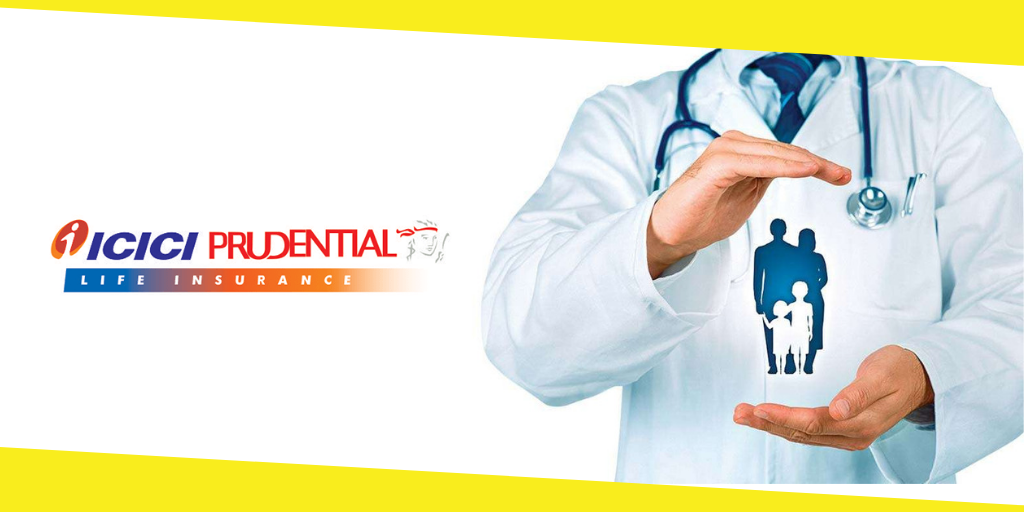Why Picking a Critical Illness Cover is Better Than Other Health Insurance Plans?

What is Critical illness Insurance Policy?
Basic health insurance plans may provide you with the needed security in case of illnesses and extensive hospital bills, but a prolonged acute illness can put a serious dent in your financial situation. This is where Critical Illness Insurance Policies come in handy. Critical illness cover provides a fixed sum to the policyholder on the occurrence of specific life-threatening illnesses during the term. The paid out amount can be utilized in any manner perceived fit by the policy owner.
Benefits of Critical Illness Cover Over Vanilla Health Insurance Plans
- Foremost, the Lump sum amount can be used to meet medical bills and other related expenses. Having a constant money flow aids in emergency situations and doesn’t necessitate the need to break into your savings.
- Your other expenses and financial transactions don’t have to be deterred by the sudden occurrence of any critical illness. Failure to pay EMI for other loans can lower your credit rating, which is where a critical illness insurance policy steps in to support your expenses.
- There may be a varied set of costs that accompany the treatment of illness, such as travel, accommodation, medicines and more, which can dent your savings. While plain health insurance plans won’t support such charges, the Lump-sum paid out by critical insurance cover can provide for all the out-of-the-pocket expenses.
- Single income households are largely affected when the earning individual has a serious illness. But with a critical insurance policy, you have a stable financial backing that will support your family and prevent their dependence on others for expenses. Your financial needs are satisfied allowing time for your family to focus on your recuperation alone.
Fixed Benefits in ICICI Prudential Smart Health Cover with Critical Illness
With the ICICI Prudential Smart Health Cover, you can avail Critical Illness (CI) Benefit in case of 34 major illnesses. If an insured is diagnosed with any one of the critical illnesses covered under the benefit, one is awarded the full lump sum at the first diagnosis itself.
The critical illness benefits cover health conditions such as Angioplasty, Cancer, Heart Attack, Kidney failure, heart valve surgery, Lung Disease, Liver Disease, etc., providing them with a lump sum compensation to take care of their financial stability.
In many cases, availing a critical illness cover is the most viable and economically sound option.
For instance, in the case of cancer patients, the Herceptin (breast cancer drug) costs around Rs. 75000/vial to Rs 1 lakh/vial with a patient requiring at least 16 vials for treatment and continued support. So the entire cost of medicines alone can run up to 14 lakh rupees, and this is discounting the other hospital expenses.
Similarly, an angioplasty can cost about Rs 1 to Rs 3.5 lakh. In private hospitals, open heart surgery is estimated to cost about Rs.1.5 lakh to Rs.2.25 lakh with valve surgeries costing between Rs.2.5 lakh and Rs.2.75 lakh. In the above mentioned scenarios, getting a critical illness plan is the best way to ensure a full settlement of bills without disrupting the finances of your household. Such large bill amounts and incurring expenses cannot be taken care of in traditional health insurance plans alone.
ICICI Prudential Smart Health Cover also provides other varied benefits to its policyholders.
The premium rate remains fixed for the entire tenure, meaning it doesn’t increase with time. There is a plan in place and rightful compensation in case of an untimely death or in the advent of permanent disability. Also, one can avail the benefits of the policy before the actual settling of the bill, on the basis of medical documents alone confirming the diagnosis.
Need of the Hour?
According to a study titled Household Health Expenditures in India carried out by the Government, only 30% of the total expenditure on health is borne by the public sector leaving the other 70% to be fulfilled by consumers. What’s even more alarming is that only 5% of the healthcare costs are covered by an insurance of any kind; which means 95% of health expenditures were paid out-of-pocket by consumers.
According to a report by World Health Organization, Non-communicable diseases (NCD) have become the leading cause of death in India accounting for a whopping 63%! The total deaths reported in 2016 alone in India due to NCD were 9,56,9000. Cardiovascular diseases lead to 45% of NCD death in India followed by chronic respiratory disease (22%), cancer (12%) and diabetes (3%).
It’s important to note here that NCD includes critical illnesses such as cancer, diabetes and heart-related ailments. With serious illnesses continuing to escalate every day, it affects not just one’s health alone but also creates a loss of income, change in lifestyle and even causes permanent disability. While technology has made treating them possible, the financial burden involved in treating and recovering is something that other health insurance plans can’t cover.
Who should Choose the ICICI Prudential Smart Health Cover with ICICI Pru iProtect Smart Insurance policy?
- Sole breadwinners on who the entire family’s financial stability rests are advised to avail critical insurance covers. Also, those who have a medical history of illnesses should definitely benefit from these schemes.
- People above the age group of 40 are more susceptible to developing critical illnesses and disorders. They are also in a well-settled position to afford the monthly premium making them apt policyholders.
- People employed in high-pressure jobs have an additional risk of developing stress-related health impairments. Taking special Health insurance plans and critical illness covers wouldn’t hurt.
- Availing tax benefits can be another incentive for getting critical insurance policies.
Recommended For You
11 Health Benefits of Apple Cider Vinegar You Must Know
Most Inside
Most Inside offers high-quality recommendations and valuable updates to enhance all aspects of your life, providing premium guidance and enriching experiences.




